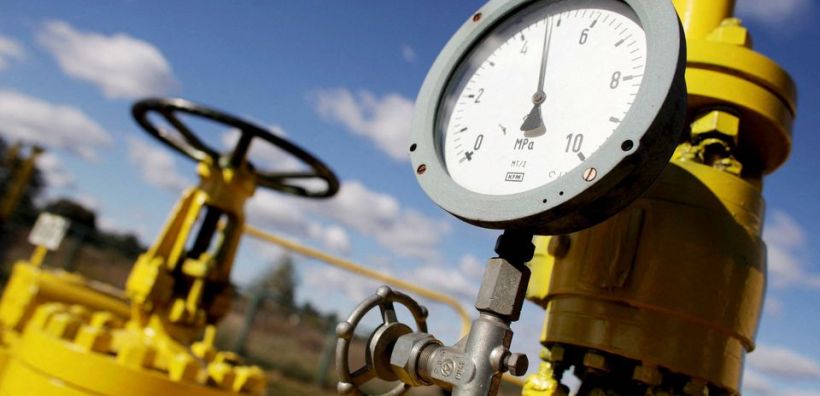Athens intends to soon raise concerns, to the European Commission, over Bulgaria’s Solidarity Ring project, planned to transport natural gas of ambiguous origins to central Europe through a route bypassing Greece, crossing Turkey and benefiting, it seems, Russia.
Greek government officials are now preparing a letter for the European Commission in which a series of crucial questions regarding the Bulgarian project will be raised, including who stands to be its true beneficiary and whether the use of European funds for the revival of a version of the failed Nabucco pipeline would be appropriate.
The Nabucco pipeline had been planned to bypass Greece for the transportation of Caspian gas along a route running from Turkey to Austria, via Bulgaria. However, the TAP project, which connects with the Trans Anatolian Pipeline at the Greek-Turkish border, crosses northern Greece, Albania and the Adriatic Sea to southern Italy, prevailed in 2013.
Besides sidelining Greece, Bulgaria’s Solidarity Ring project would also exclude Greek gas grid operator DESFA, gas company DEPA, a partner in the Greek-Bulgarian IGB gas pipeline, as well as the TAP project’s shareholders.
The Solidarity Ring project, local authorities suspect, could be used to export Russian gas, disguised as Azerbaijani gas, to the EU via Bulgaria and Turkey.





